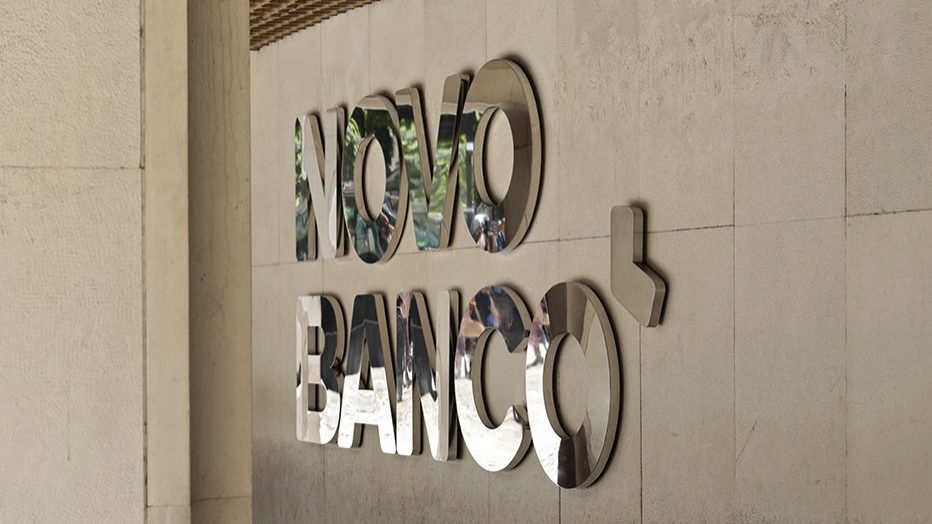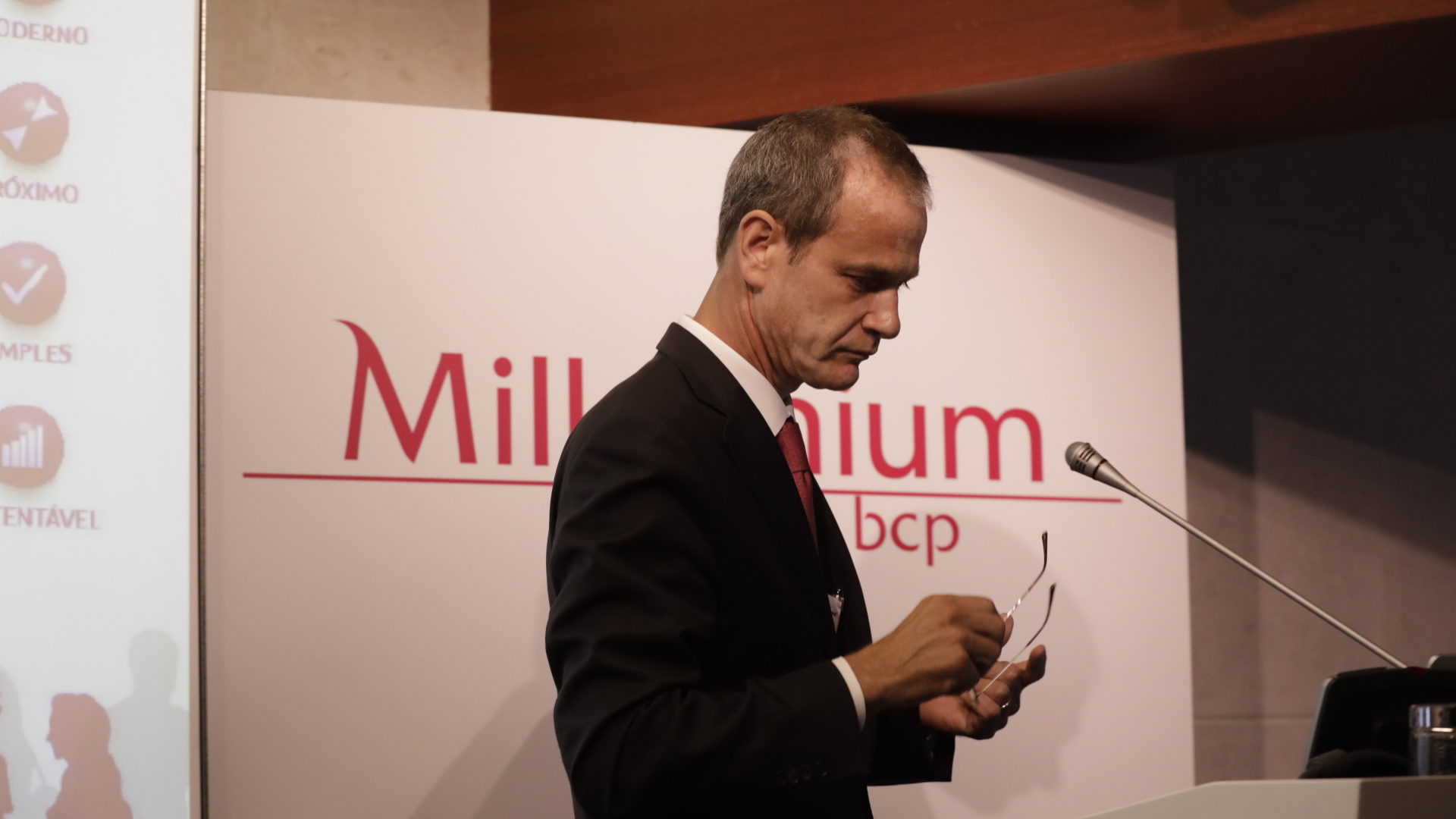Banks prepare to downsize worker numbers, branch closures
Portuguese banks are preparing a new reduction in structures as a measure to cope with the current pandemic.
Portuguese banks are preparing a new reduction in structures, with workers leaving soon, using cost-cutting as a measure to cope with the current crisis, weak profitability, and the digitalisation of operations.
Rating agency Fitch said in late July that, given the new threat to the Portuguese banking sector posed by the Covid-19 crisis (calling into question progress made in reducing the bad debts, improving capital and profitability), one of the measures the banks would take would be further restructuring. And the statements that bankers have made in recent months indicate this.
As early as April, BCP said it would postpone the reduction of workers it had planned for this year (in a posture it called social responsibility), but that it would do so in early 2021.
In July, the executive president, Miguel Maya, reiterated that the bank has had a posture aligned with society, but that it will carry out the exit programme at the beginning of the next year. He said that with the conditioned income, BCP has to adapt the cost structure, and the weight of personnel costs in banking activity is always significant.
Caixa Geral de Depósitos (CGD) will continue this year to comply with the staff reduction agreed upon in the restructuring plan with the European Commission, which includes the departure of 250 employees in the second half of the year (in addition to the 179 who left by June), but management has already acknowledged that more departures may be foreseen in 2021-2024.
As early as February, when laws limiting commissions were being discussed in parliament, the Portuguese Banking Association (APB) said that the consequence could be for banks to further reduce the cost structure, particularly with staff and branch network, since it limits profitability.
As for Novo Banco, the National Union of Bank Staff and Technicians said in the middle of this month that the institution has been presenting proposals for early retirement and termination of employment contracts by agreement to a group of workers.
Lusa asked Novo Banco on the subject but received no answer.
Montepio said last week to the unions and workers’ commission an extended plan for workers to leave, through early retirement and termination of employment contracts, but without saying how many employees will leave.
At the beginning of the week, ECO reported that Montepio is preparing the exit of 800 workers and that it is going to ask the government for the status of a company in restructuring, which allows those who accept the termination by mutual agreement to be entitled to unemployment benefit.
Contacted by Lusa, Montepio’s official source said that it is known that the bank is adjusting processes and studying its size and that it will maintain the practice of sharing always the relevant information of the institution with all those who are part of it before the public release.
On Saturday, Expresso reported that BCP is available for a merger with Banco Montepio, in case an intervention is needed, and that this availability has already been communicated to the government, in a meeting between BCP’s board and the minister of finance.
The reduction of structures is common to all European banks. The sector has been reducing branches and employees for years (in Portugal, mainly through early retirement and mutual agreement termination), measures justified by the digitalisation of operations and the need to reduce costs, a trend that the crisis unleashed by the Covid-19 pandemic is likely to accentuate.
In Spain, the recently announced merger between Caixabank and Bankia (which will create the largest bank in Spain) will also bring branch closures and staff exits. CaixaBank’s CEO Gonzalo Gortázar said two weeks ago that he was convinced that an agreement with the unions would be possible for a non-traumatic adjustment of the structure.
The German Deutsche Bank will close around 100 of its bank branches in Germany over the next few years, to 400 branches.
The analyst of the broker Infinox Pedro Amorim told Lusa that, in general terms, the European banking has been under great pressure on revenues, first of all on the financial margin (due to low interest rates) and that the increase in bank commissions has not been enough to compensate, so the analysis of the banks’ income statement shows that profits have been based on cost reduction (mainly staff cuts).


